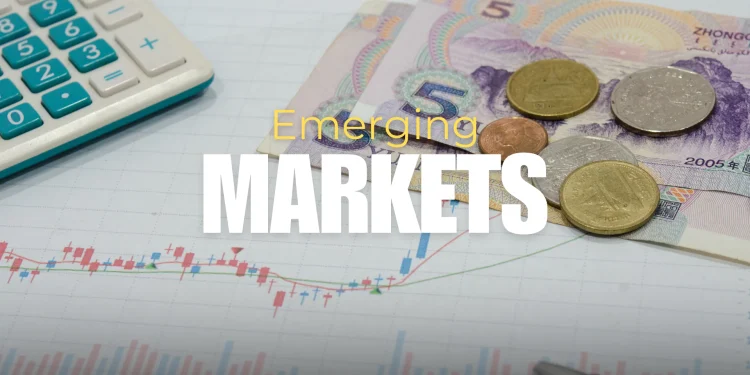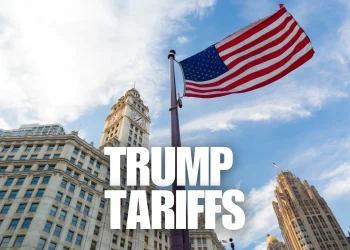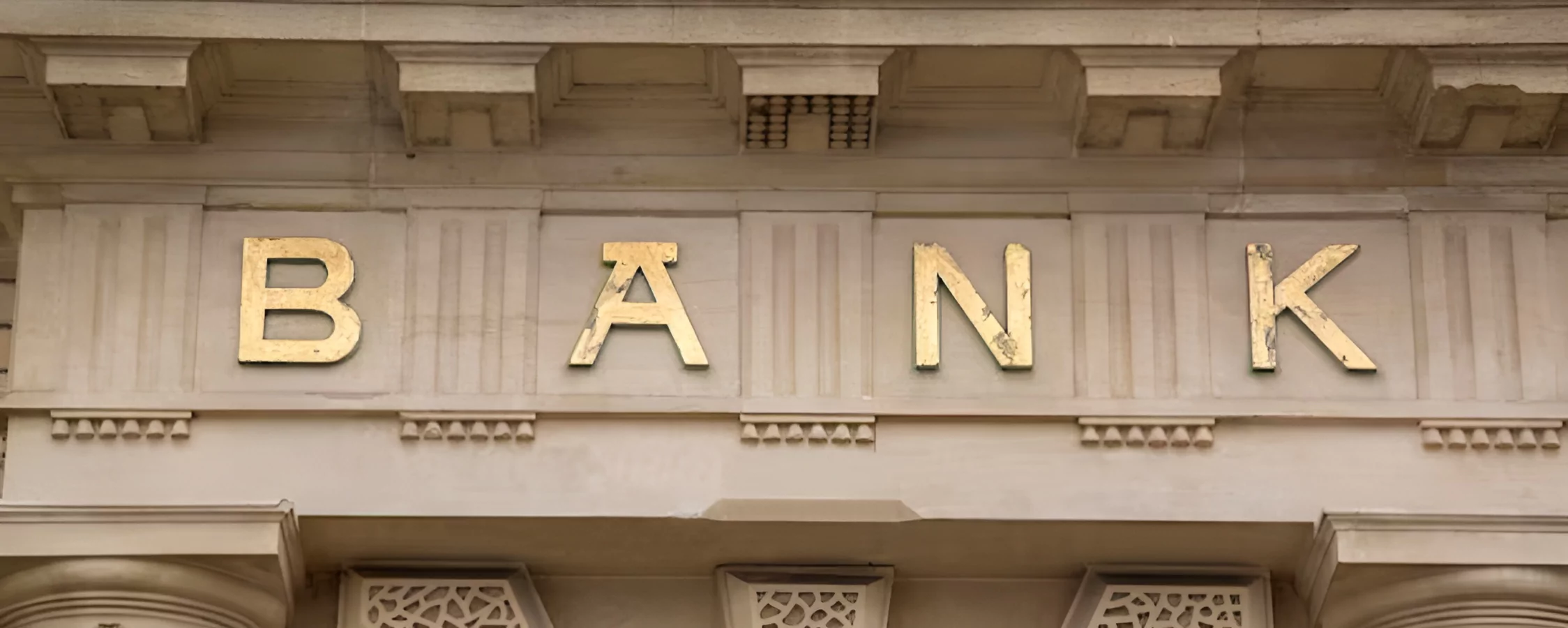Navigating the world of global markets can be like attempting to understand a treasure map with only half of the directions. On one side, you have emerging markets, which are brimming with potential but filled with uncertainty. On the other hand, you have developed markets, which are consistent and trustworthy but, let’s be honest, can be a touch predictable.
So, what’s the deal? What separates these two, and why should you care? Let’s break it down and look at the main differences between developing and developed markets. This article is for investors, company owners, and anybody interested in the global economy.
What Are Emerging Markets and Developed Markets?
Before we dive into the differences, let’s get on the same page about what these terms mean.
Emerging Markets
Emerging markets are countries experiencing rapid expansion and modernization. Consider India, China, Brazil, and South Africa to be examples of emerging economies. They are not yet at the same degree of economic stability as developed nations, but they are getting there.
These markets often have:
- High growth potential: They’re expanding fast, with booming industries and increasing consumer demand.
- Lower income levels: Per capita income tends to be lower compared to developed nations.
- Developing infrastructure: Roads, schools, and hospitals might still be works in progress.
- Volatility: Political instability, currency fluctuations, and regulatory changes can make these markets unpredictable.
Developed Markets
In contrast, developed markets are countries that have already achieved a high level of economic stability and industrialization. Examples include the U.S., Japan, Germany, and the United Kingdom.
These markets typically feature:
- Stable economies: Growth is slower, but it’s reliable—like a safe cruise ship versus a speedboat.
- High-income levels: Residents enjoy higher living standards and disposable income.
- Advanced infrastructure: Everything from transportation to healthcare is top-notch.
- Lower risk: Political and regulatory environments are stable, making them safer for investors.
Key Differences Between Emerging Markets and Developed Markets
Let’s get into the details. Here’s how emerging and developed markets compare in important categories.
1. Economic Growth
- Emerging Markets: These are like teenagers with boundless energy—they’re growing fast. Countries like India and Vietnam often boast GDP growth rates of 6% or more.
- Developed Markets: Think of these as mature adults—steady and stable. Growth rates are lower, often hovering around 2-3%.
Why does this matter? Faster growth means more opportunities for investors, but it also comes with more risk.
2. Market Stability
- Emerging Markets: Picture a rollercoaster—exciting but unpredictable. Political changes, currency swings, and regulatory shifts can create wild ups and downs.
- Developed Markets: These are more like a calm lake. Sure, there are ripples (like a recession), but overall, they’re a safer bet for risk-averse investors.
3. Infrastructure Development
- Emerging Markets: Infrastructure is frequently a work in progress. You may notice growing development alongside rural areas that lack essential facilities. However, this implies that there is still potential for improvement—and investment opportunities.
- Developed Markets: These countries have it all: modern public transportation, world-class healthcare, and strong digital networks. Infrastructure is not a growth engine in this context; it is a given.
4. Income Levels and Consumer Spending
- Emerging Markets: Lower income levels mean less consumer spending overall, but the growing middle class is quickly changing that. Picture millions of people stepping into the global marketplace for the first time.
- Developed Markets: High incomes translate to higher consumer spending, but growth is slower because these markets are already saturated.
5. Access to Capital
- Emerging Markets: Businesses may struggle to access capital due to less developed financial systems. But foreign investors often step in to fill the gap.
- Developed Markets: Capital is readily available, with well-established banking systems and stock markets. It’s easier for businesses to raise money.
6. Risk vs. Reward
- Emerging Markets: High risk, high reward. You might hit a goldmine—or face significant losses.
- Developed Markets: Lower risk, but also lower returns. It’s more about steady, long-term growth.
Why Do Investors Care About Emerging Markets?

Okay, so why would anyone choose the uncertainty of these markets over the stability of developed markets? Let’s take a look at what makes these markets so appealing.
1. Growth Potential
Emerging markets are like untapped wells of opportunity. With rapid industrialization and urbanization, they offer massive upside potential for investors willing to take on the risk.
2. Diversification
Investing in emerging markets can help balance your portfolio. They don’t always move in sync with developed markets, offering a hedge against global economic downturns.
3. Expanding Consumer Base
The growing middle class in countries like India and Indonesia means more people are buying cars, smartphones, and luxury goods. That’s music to the ears of businesses looking to expand globally.
4. Lower Labor Costs
For companies, emerging markets often mean cheaper labor and production costs, which can boost profitability.
Challenges of Investing in Emerging Markets
Of course, it’s not all sunshine and rainbows. Investing in these markets comes with its own set of challenges.
- Political Instability: Government changes and corruption can create uncertainty.
- Currency Volatility: Exchange rates can swing wildly, impacting returns.
- Regulatory Risks: Unpredictable laws and regulations can disrupt business operations.
- Limited Transparency: Financial reporting and corporate governance may not meet international standards.
Should You Invest in Emerging Markets or Developed Markets?
There’s no one-size-fits-all answer—it depends on your goals, risk tolerance, and investment strategy.
- Choose Emerging Markets If: You’re comfortable with risk and looking for high-growth opportunities.
- Choose Developed Markets If: You prefer stability and steady, long-term returns.
For many investors, the sweet spot lies in a mix of both. Diversifying across emerging markets and developed markets can help you enjoy the best of both worlds.
Conclusion
At the end of the day, the decision between emerging and mature economies boils down to one simple question: Do you prefer the excitement of a fast-paced city or the serenity of a quiet countryside?
Emerging markets offer excitement, growth, and opportunity, while developed markets provide stability and security. Both have a place in the global economy and in your financial portfolio.
So, whether you want to expand or play it safe, understanding these distinctions will allow you to make better, more educated judgments.













